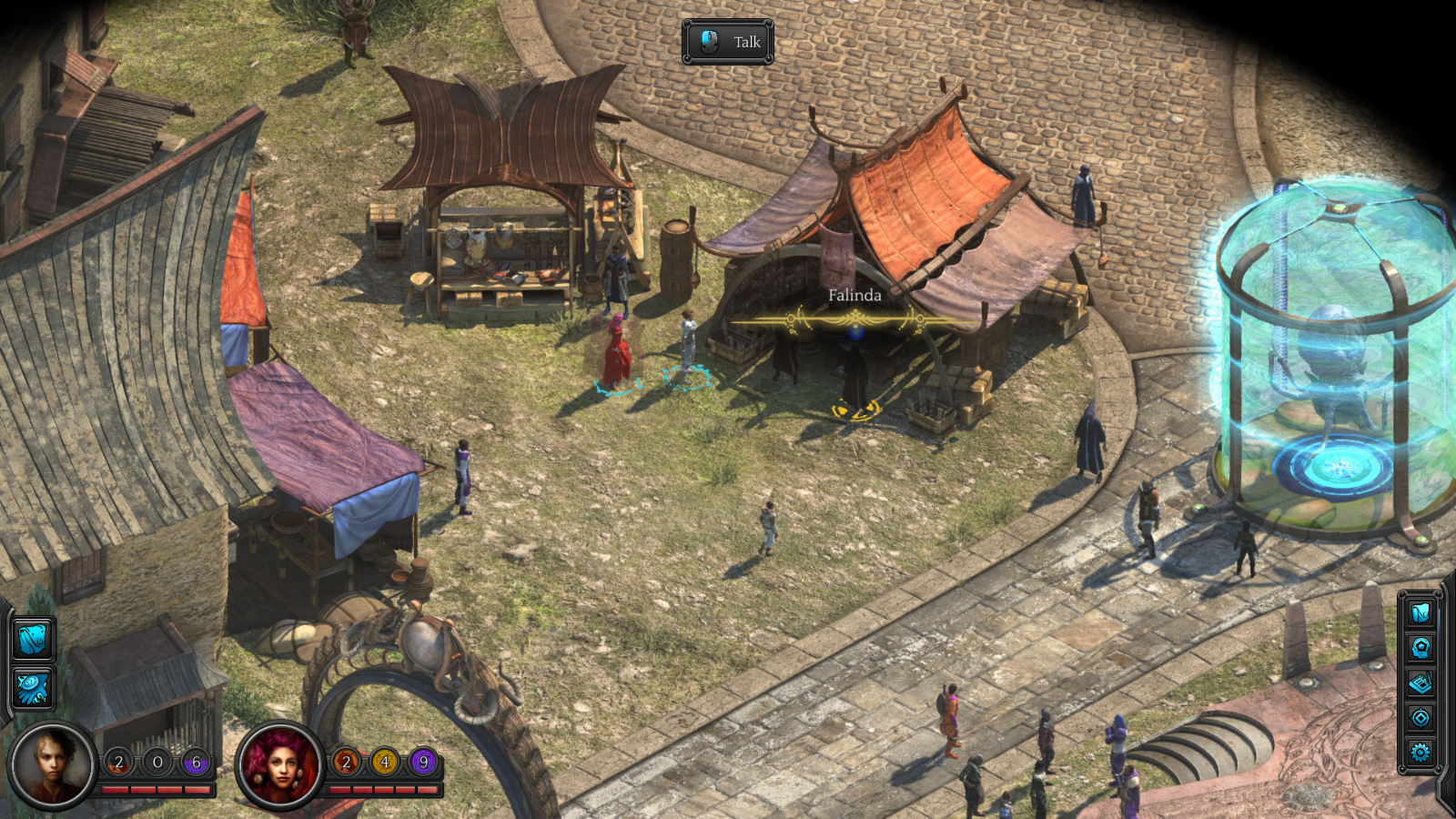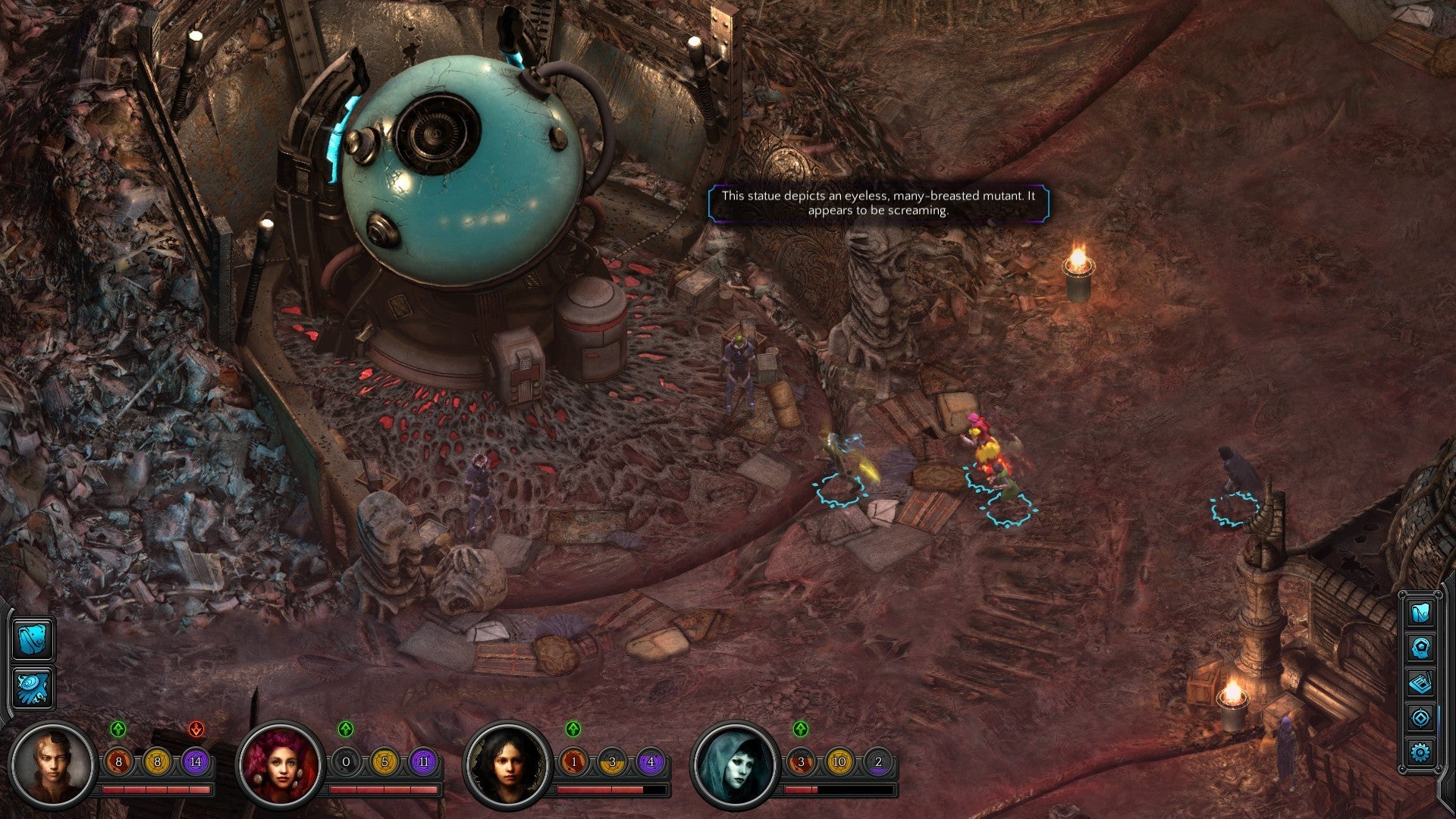
It's sometimes squandered, but it adds nuance to the flat statement. And this matters.ĭialog has subtlety: A simple innovation of P:T that few other games have repeated is the many dialogs where you can say, "I like cats (true)" or "I like cats (false)" and this matters. Most IE games were fixed with occasional rare encounters where you could change a Companion's alignment via a script. I'd disagree with this: P:T's Mechanical innovations aren't huge, but they're subtle and interesting.Īlignment is not Fixed: You can drift around the alignment grid. I'm not trying to justify Tides of Numenera flaws by pointing out that a game that's 20 years old also had it's share it's more like, "Hey, should you compare it to its predecessor, at least be fair, okay?"Īnd in terms of mechanics, well, Planescape: Torment had no mechanics on its own, as it had borrowed what was there from its INFINITY ENGINE-based predecessors (e.g. It wasn't bad no, it wasn't at all.ĭon't get me wrong here. Although some mechanics could have been implemented better, the experience is satisfying enough, and it certainly isn't broken (as some people claim it to be.) Also, I have to admit that I have found combat surprisingly demanding and entertaining. It can't even take from Pillars of Eternity nor Tyranny, as those are Obsidian's games, and besides, Tyranny has already borrowed this annoying little too much.

Baldur's Gate.) Tides of Numenera has nothing to borrow from. Yet I enjoyed it.Īnd I have enjoyed Tides of Numenera too.Īnd in terms of mechanics, well, Planescape: Torment had no mechanics on its own had it much easier, as it had borrowed what was there from its INFINITY ENGINE-based predecessors (e.g. It had TONS UPON TONS UPON TONS of cut content. Planescape: Torment was far from being perfect too. Starting a game, I know that I'm going to invest my time in something that is not (nor could ever be) ideal. I have learned to accept it replaying these classic RPGs time after time after time. One of the best things about it is that (despite the fact that, in my humble opinion, the "point of no return" mechanic is used at least two times too many) it really rewards You no matter the way You decide to play it. Compared to the original, Tides of Numenera is really a step forward. You could simply clear the given area out of quests and proceed onwards, clear the next one, and so on, and so on.

Nothing had (except for skills and statistics and, in these rare cases, whether You have previously learned something or not.) Besides, the game was v. It was the hallmark of the narrative, but it was one of the most linear cRPGs ever created.

Planescape: Torment was not the hallmark of polish either. And still, it's one hell of a ride if You ask me. As the game progresses, it loses some of its scope, some promises are left broken. There are things that feel abandoned or underdeveloped.


 0 kommentar(er)
0 kommentar(er)
